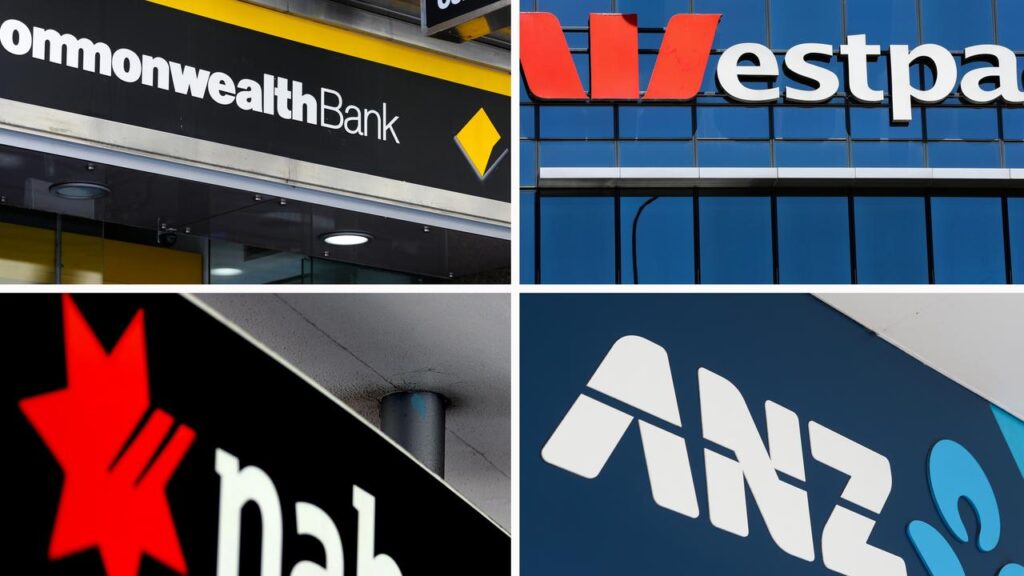Albanese government called to buy out regional Rex Airlines
Written by admin on October 8, 2024
The Albanese government has been called on to buy out beleaguered airline Rex, after the regional carrier entered voluntary administration in July.
New polling found 71 per cent of Australians supported further government intervention to ensure Rex could continue servicing regional routes, with only 10 per cent disagreeing with the statement. The remaining 19 per cent said they “didn’t know”.
Three quarters of 1044 respondents to the YouGov poll said the government should take out an equity stake when it bails out troubled companies, such as Rex.
Meanwhile, 74 per cent of respondents also said there needed to be a new independent commission to set standards for jobs and services in aviation, which would be separate to the proposed consumer-facing ombuds proposed by Transport Minister Catherine King.
Transport Workers Union (TWU) national secretary Michael Kaine said the polling was proof Labor had a mandate to buy into the airline.
“Regional Australia needs Rex, and this poll shows overwhelming support for the federal government to step in and safeguard its future,” he said.
“Not only are hundreds of aviation jobs on the line, but these routes are also critical to regional Australia’s business, tourism, healthcare and community services. The federal government must keep Rex flying.”
Since Rex’s collapse, EY Australia administrators Samuel Freeman, Justin Walsh and Adam Nikitins have been tasked with finding another buyer for the airline, which has an extended deadline of November 25.
In the interim the government has guaranteed the continuation of the airline’s regional flights. Following Rex’s collapse, customers who had purchased fares between capital cities were also allowed to rebook through Virgin Australia and Qantas at no extra charge.
While Ms King has left the door open for a potential government buy in, adding that “no options are off the table,” she said the government would like to see a “market led solution”.
“Regional aviation is critical to keeping Australians connected to their families, employment opportunities and services,” she said.
“We’re working closely with Rex’s administrators and have acted to guarantee regional tickets through the administration, as well as ensuring that Rex maintain its regional NSW slots at Sydney Airport.”
The Opposition’s transport and regional development spokeswoman Bridget McKenzie said the government needed to release more details and guarantee the regional routes would be continue to be services.
“The Albanese government has been silent on the collapse of Rex Airlines for months, leaving regional Australians with little confidence Labor has any plans to fix our aviation sector, after not one but two regional airline collapses this year,” she said.
“The Prime Minister is shirking his responsibilities to regional Australia and has not outlined how his Government will ensure that no regional community is cut off or worse off.”
Senator McKenzie has previously flagged there needed to be more oversight into competition in the aviation industry, with Rex’s demise partly blamed on its inability to break into routes serving Brisbane, Melbourne and Sydney, which were dominated by Qantas and Virgin.
Despite this, the Coalition has said airline divestiture powers aimed at breaking up Qantas was not part of its policy agenda.
Following the collapse of budget-airline Bonza in July, and Tigerair in 2020, Mr Kaine said the industry turmoil showed the need for an independent industry commission, with the TWU calling for a Safe & Secure Skies Commission.
Mr Kaine said the taskforce would help set “decent standards for the industry”.
“The constant instability in this sector, driven by Qantas relentlessly pursuing profits and crushing new entrants breeds deep uncertainty for aviation workers and the broader public,” he said.
“The federal government must put in place a long-term solution that will provide certainty for regional Australia, as well as ensure decent standards for workers and the travelling public.”






